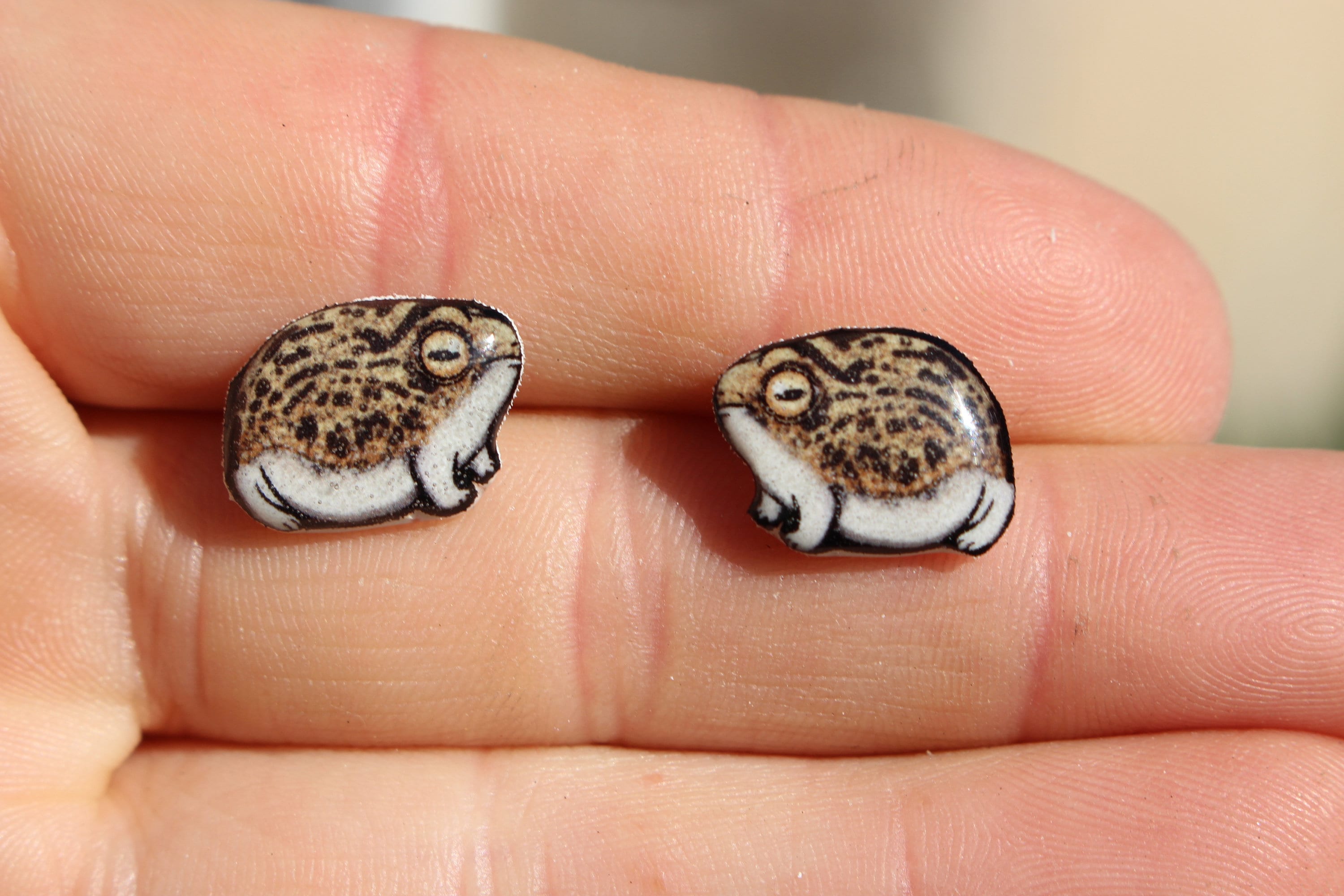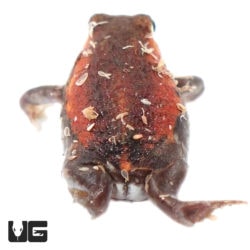Discover Exotic Rain Frog for Sale: Your Portal to Unique Amphibian Pets!
Discover Exotic Rain Frog for Sale: Your Portal to Unique Amphibian Pets!
Blog Article
Common Health Issues in Reptiles: Symptoms and Solutions
In the detailed globe of reptile care, recognizing the common wellness problems that might influence these special creatures is extremely important in guaranteeing their well-being. Whether it's grappling with parasitical infestations, browsing dehydration issues, or addressing skin conditions that manifest in subtle means, being attuned to the signs and outfitted with the understanding of effective options is vital for any reptile proprietor.
Breathing Infections
Breathing infections in reptiles can substantially impact their total health and need punctual interest from experienced veterinarians. These infections are frequently brought on by infections, fungis, or microorganisms and can show up with signs and symptoms such as hissing, nasal discharge, open-mouth breathing, and sleepiness. In reptiles, respiratory infections can be especially challenging to identify and deal with due to their unique anatomy and physiology. Veterinarians frequently depend on a combination of physical exams, diagnostic imaging, and lab examinations to accurately identify the underlying source of the infection.
Therapy for breathing infections in reptiles generally involves a combination of helpful treatment, such as keeping proper moisture levels and temperature slopes in the room, along with targeted medication to resolve the certain microorganism accountable for the infection. It is important for reptile proprietors to monitor their pets very closely for any type of signs of respiratory distress and seek vet care at the earliest indication of a concern. With prompt intervention and proper treatment, many reptiles can recuperate fully from respiratory infections and return to normal activities.

Metabolic Bone Illness
What aspects add to the advancement of Metabolic Bone Condition in reptiles?
Metabolic Bone Illness (MBD) in reptiles is primarily triggered by an absence of correct calcium, phosphorus, and vitamin D3 levels in their diet regimen. When reptiles do not obtain sufficient calcium, either with their food or proper UVB exposure for vitamin D3 synthesis, they are at a high danger of creating MBD. Reptiles with diet plans low in calcium or unbalanced calcium to phosphorus ratios are especially at risk. Additionally, inadequate direct exposure to UVB light protects against reptiles from synthesizing vitamin D3, which is critical for calcium absorption and bone health and wellness.
Inadequate humidity degrees can also affect a reptile's ability to metabolize calcium effectively. Normal veterinary exams, correct husbandry methods, and a well balanced diet plan are crucial to avoid Metabolic Bone Disease in reptiles.
Parasitical Invasions
Parasitic problems present a significant health threat to reptiles, impacting their total wellness and calling for timely vet attention. Reptiles can be affected by numerous parasites, including mites, ticks, inner worms, and protozoa. These bloodsuckers can cause a series of symptoms, such as weight-loss, sleepiness, skin irritation, looseness of the bowels, and even fatality if left neglected.
One common bloodsucker discovered in reptiles is the mite, which can create skin stress and anxiety, irritation, and anemia. Ticks are an additional exterior parasite that can cause and transmit conditions pain to the reptile. Internal parasites like worms and protozoa can cause gastrointestinal problems, lack of nutrition, and compromise the reptile's body immune system.
To click this diagnose a parasitic infestation, a veterinarian might do fecal examinations, skin scrapings, or blood examinations. Therapy frequently includes deworming medicines, antiparasitic bathrooms, or in extreme situations, a hospital stay. Preventative actions such as normal vet exams, correct hygiene, and quarantine treatments for new reptiles can help minimize the danger of parasitic invasions and ensure the health of reptile pets.
Dehydration and Hydration Issues
Dehydration in reptiles can considerably impact their health and wellness and wellness, necessitating timely intervention and suitable hydration management. Reptiles are prone to dehydration due to various factors such as poor water consumption, high ecological temperature levels, and particular health and wellness conditions. Signs of dehydration in reptiles include sunken eyes, sleepiness, loss of skin elasticity, and lowered urination. If left neglected, dehydration can lead to major wellness concerns and even be deadly to the reptile.
To stop dehydration, reptile proprietors must guarantee that their pet dogs have access to tidy water in all times. The water dish need to be large sufficient for the reptile to take in if needed, especially for species that soak up water through their skin. Furthermore, maintaining appropriate moisture levels in the reptile's enclosure and giving routine bathrooms can aid prevent dehydration.
In instances of dehydration, it is vital to look for veterinary care immediately. A vet may carry out fluids either by mouth or with injections to rehydrate the reptile. It is vital to resolve the underlying root cause of dehydration to avoid reoccurrence and ensure the reptile's general wellness.
Skin Disorders

Final Thought

Respiratory infections in reptiles can significantly affect their overall health and wellness and require punctual interest from experienced veterinarians (rain frog for sale). Preventative measures such as routine veterinary examinations, proper health, and quarantine procedures for brand-new reptiles can help lessen the danger of parasitical invasions and make certain the health of reptile pet dogs
If left without treatment, dehydration can lead to More Info serious health and wellness issues and even be fatal to the reptile.
Regularly checking your reptile for any kind of modifications in skin texture, color, or look can help in very early discovery and treatment of skin disorders, promoting the general wellness and well-being of your flaky companion. - rain frog for sale
In final thought, reptiles are vulnerable to various health issues such as respiratory system infections, metabolic bone disease, parasitic infestations, dehydration, and skin disorders.
Report this page